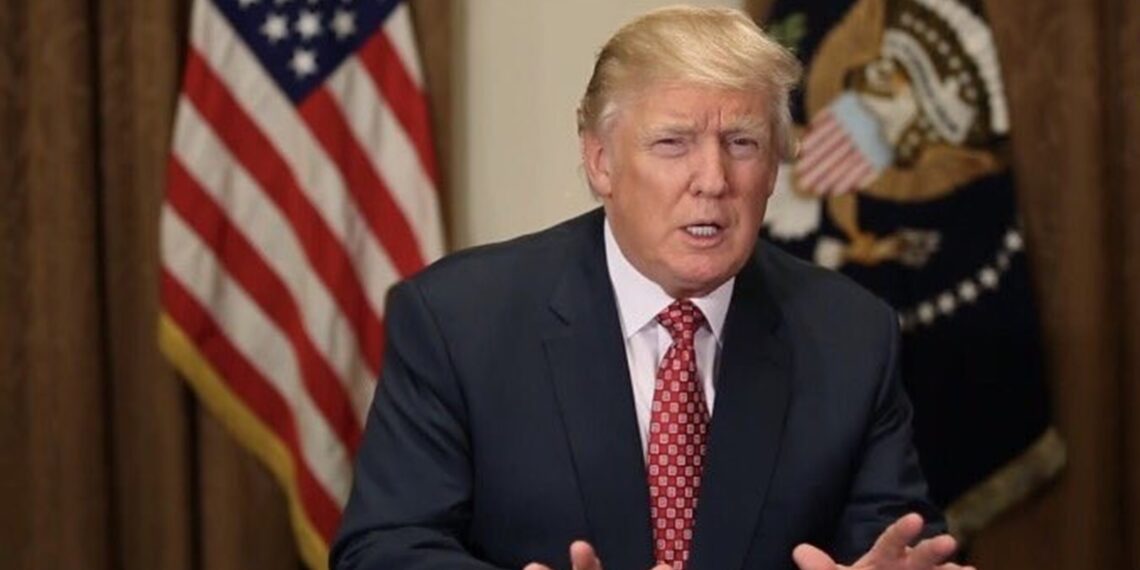US President Donald Trump has claimed that his administration played a key role in averting a potential nuclear conflict between India and Pakistan, asserting that American diplomatic and trade efforts helped de-escalate rising military tensions in the region.
Speaking from the White House, Trump referred to what he described as a significant intervention during his presidency.
“Over the weekend, we helped facilitate a comprehensive and immediate ceasefire between two nuclear-armed nations—India and Pakistan. It was a serious situation, and things were escalating rapidly,” Trump said, portraying it as a major diplomatic achievement.
While Trump praised the leadership in both New Delhi and Islamabad for their resolve, Indian officials have consistently maintained that the cessation of hostilities was achieved through direct communication between the countries’ military officials, without third-party involvement.
In particular, they pointed to a mutual understanding reached during discussions between the Director Generals of Military Operations (DGMOs).
Trump went on to explain that trade incentives were a crucial tool used by his administration to encourage peace.
“We used trade as leverage,” he said. “I told them, ‘We’re ready to do a lot of business with you—if you stop the fighting. If you don’t, there will be no trade.’”
He emphasised that avoiding escalation was a high priority due to the potential for devastating consequences.
“It could have turned into a catastrophic nuclear war, possibly claiming millions of lives. I’m very proud of what we accomplished in defusing that threat,” he added.
Coinciding with Indian Prime Minister Narendra Modi’s scheduled national address, Trump’s remarks drew attention back to a period of high tension earlier that month.
At the time, India had conducted targeted military operations on May 7 against terror infrastructure in Pakistan and Pakistan-administered Jammu and Kashmir, reportedly killing over 100 militants.
These strikes were carried out in retaliation for a deadly attack in Pahalgam that had triggered national outrage.
ALSO READ: Meghalaya Deputy CM denies links to banned militant group
In response, Pakistan launched retaliatory airstrikes, prompting countermeasures from India. Amid the heightened military activity, both countries’ DGMOs engaged in a dialogue on May 12, signalling a possible turn toward diplomatic resolution.
Meanwhile, in an unrelated press conference, Air Marshal AK Bharti dismissed rumours regarding an Indian Air Force strike on Pakistan’s Kirana Hills—a site speculated to host nuclear facilities.
“We have no knowledge of such a target, nor did the IAF carry out any operation there,” Bharti clarified.















